Money means everything in Chinese culture
People in China are known to have a full blown obsession with money. Their lives revolve around how much you earn and how much you can spend
They are some of the biggest spenders in the world, yet they are also famous for their money-saving habits.
Chinese children are often trained to save money. In fact, it is common to see Chinese toddlers who already have their own piggy banks where they put their coins. This is because the Chinese believe that saving money is an honorable practice, and is one that should be encouraged from a young age.
On every New Year or birthday, Chinese children usually get cash gifts in red envelopes that they end up saving.
The red envelope with “lucky money” (“Hong bao” in Mandarin) is one of the iconic symbols of the Chinese New Year and a way to build and cement relationships between family and friends at the start of a fresh year.
Red envelopes are also considered to be the best gifts for weddings and for other special occasions, because the recipient can do anything with the money.
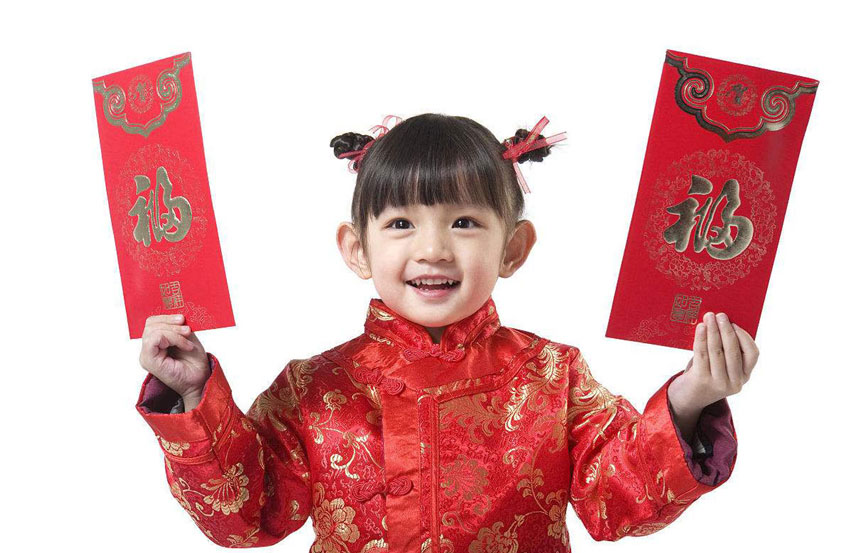
Through practices like “Hong bao” giving, kids are indoctrinated into this money-centric society from a young age. Loving money has been institutionalized.
Money is in every aspect of Chinese culture and society.
For example, the Chinese believe that one who has money makes a better marriage candidate. It is still a common practice in China to have arranged marriages, especially in well-off families. To be considered as a suitable candidate for marriage, you should be financially stable and the more money you have, the better the prospect you become.
That is why a bouquet of crisp banknotes is considered to be a worthy present for a girlfriend. Such gift is much more practical than ordinary flowers, and it significantly raises the chances of a successful proposal.
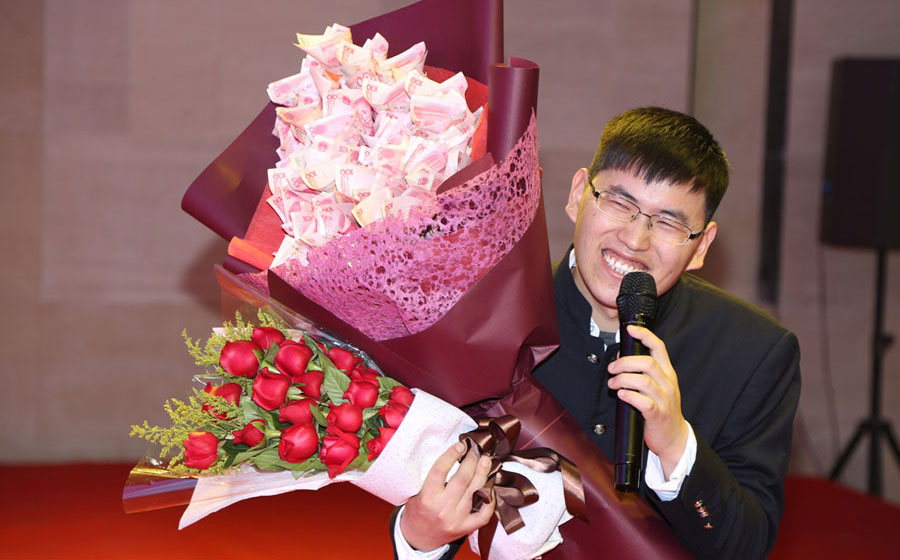
But what are the reasons for such obsession with money?
Firstly, people in China place great emphasis on social status. In fact, surveys have shown that they are actually the most materialistic in the world. Many of them believe that having a lot of money and signature items makes them look impressive to those who don’t have them. In part, they buy stuff not only for themselves, but also to show that they can do so.
Secondly, cultures or people that have undergone a great deal of hardship have been known to value money more than others. It’s a survival mechanism, and it’s easy to see why.
The ironically named Cultural Revolution caused millions to die of starvation. Millions more were displaced. People lost all their worldly possessions as a society built on thousands of years of Confucian ideology was turned on its head.
When you take China’s turbulent past into consideration, it begins to make a lot more sense. Money provides security. The more money you have, the the more secure you are.
Sources: Medium.com, lajollamom.com, wisebread.com
More topics about Chinese mentality
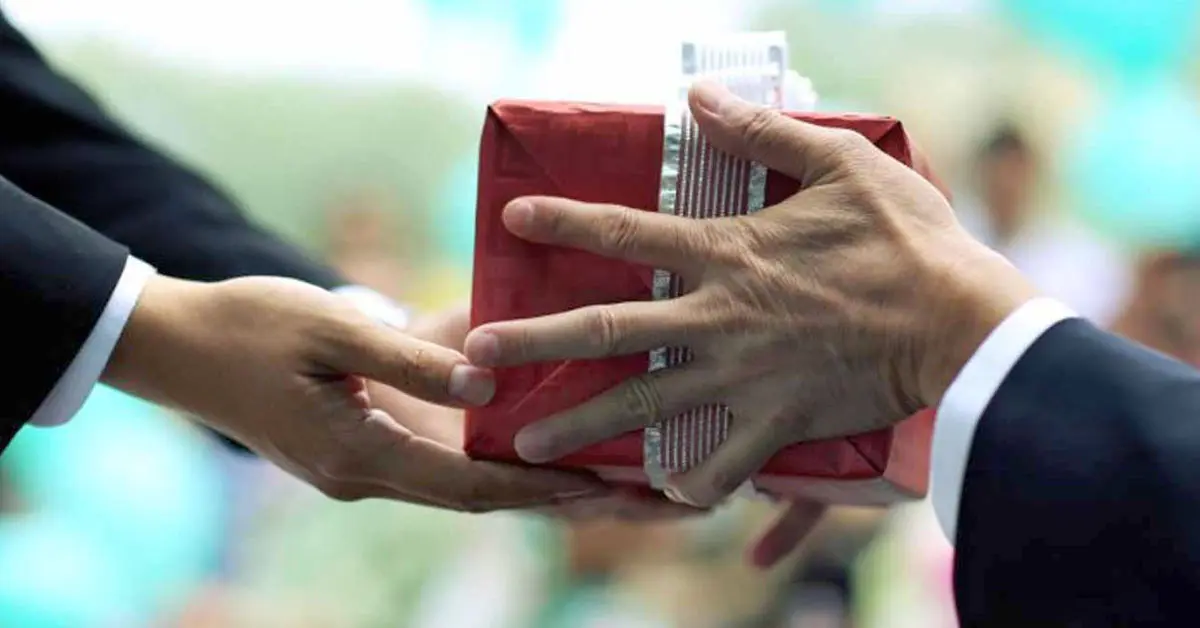
“Guanxi” – the Chinese way of doing business
Guanxi Concept in Chinese Mentality “Guanxi” is the traditional model of social relations in China, based on mutually beneficial cooperation, reciprocity and trust This term can be roughly translated as “personal connections”, or “social networks”. Basically, it is...
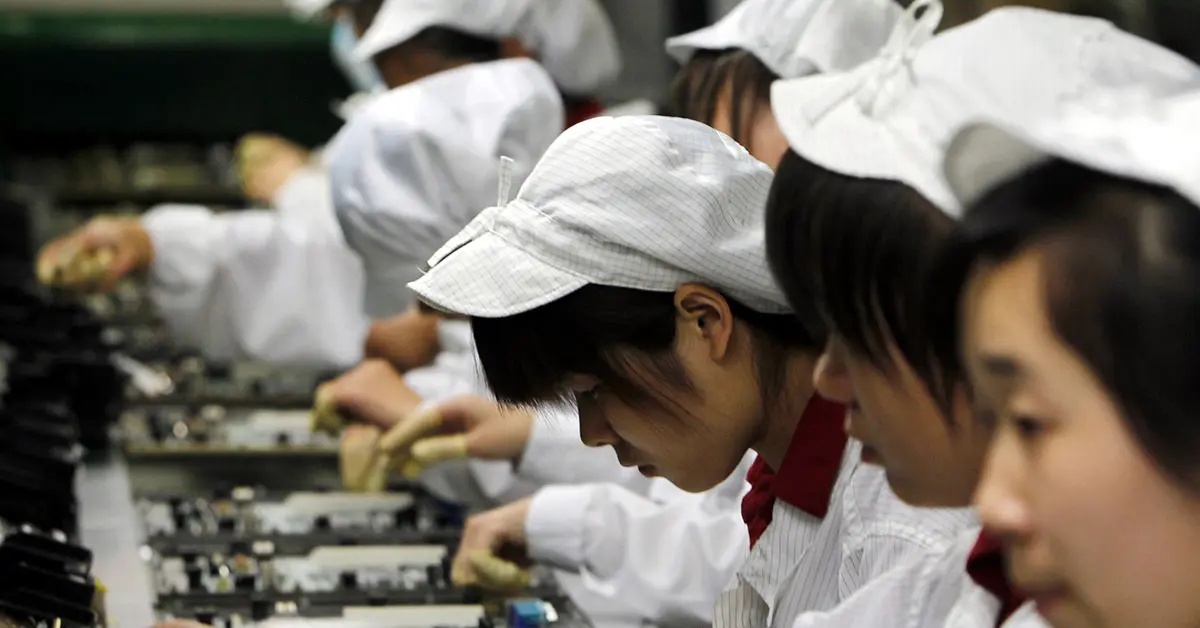
Work around the clock in China
Chinese tradition to work overtime A lot of Chinese companies expect their employees to work according to the rule of “996” - working from 9am till 9pm and 6 days a week. For instance, Alibaba founder Jack Ma has recently made a bold statement defending...
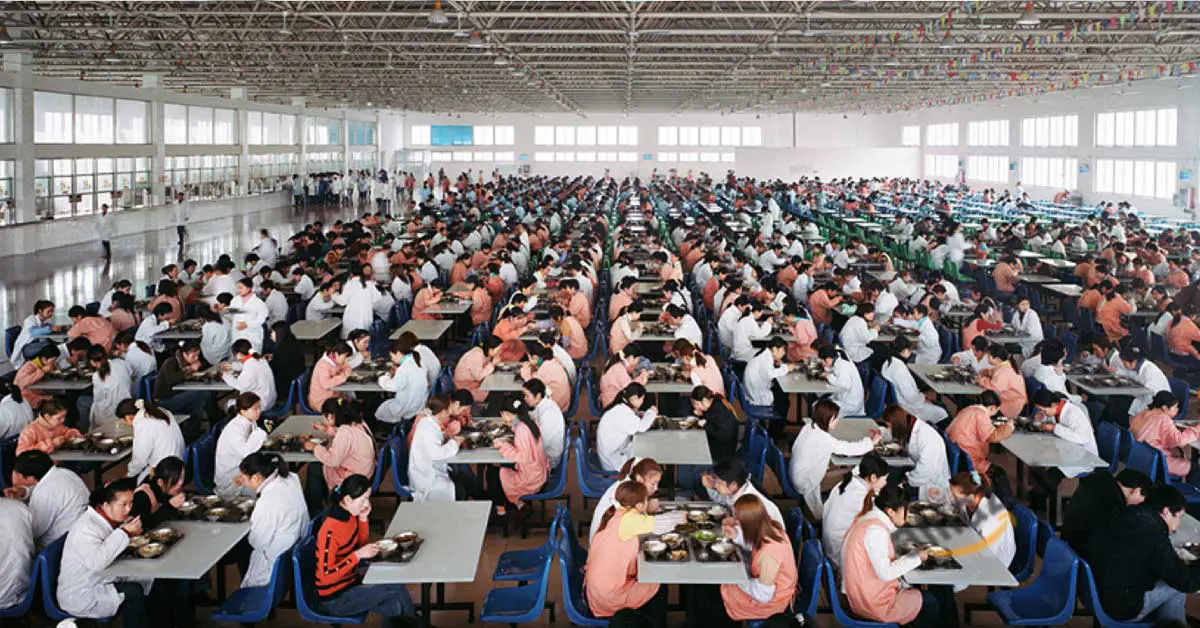
The importance of lunch in China
Food culture is an integral part of Chinese mentality Mealtime is one of the most important activities in Chinese everyday life. A Chinese person can’t do his work properly without a regular substantial lunch The Chinese tend to wake up early, and by 8 AM...


